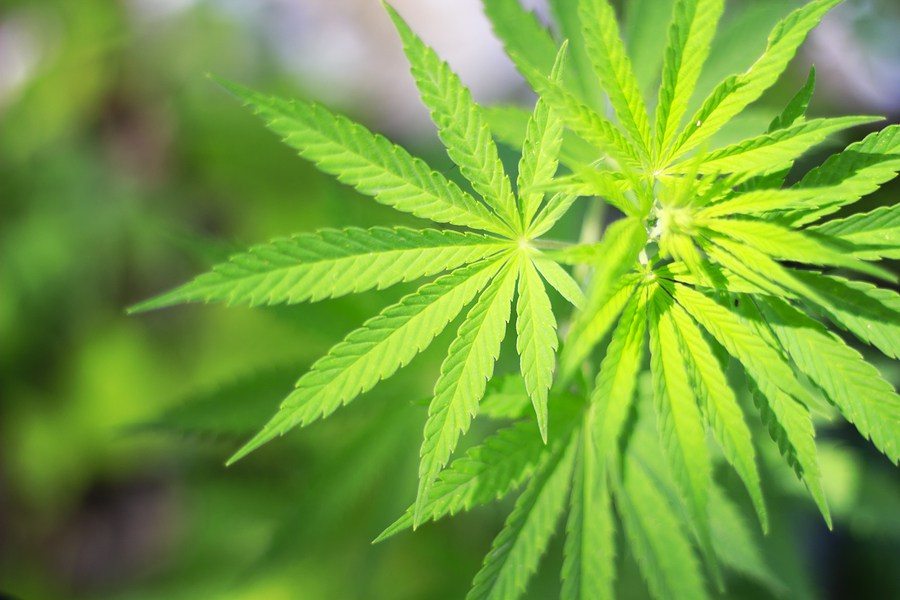It is clear that, for some people, medications like opiates and Cannabis can produce unwanted dependence. These pose certain risks to would-be users of these medications. That risk, however, is both a function of the likelihood of developing such a dependence and also how dangerous it is to withdraw the medication, such as medical marijuana, once dependence has arisen.
Addiction vs. Dependence on Medical Marijuana
Let’s take a moment to review the difference between addiction and dependence. Dependence means the body comes to need a substance, and will have symptoms if the substance is withheld. This occurs with all sorts of medications including anti-depressants like SSRIs, anti-anxiety medications like Benzodiazepines, and narcotics. It also is a key risk with alcohol, although alcohol has no medical value.
Addiction, on the other hand, has nothing to do with withdrawal symptoms, but has to do with the social consequences of using that substance. This is a really important distinction. Let’s use alcohol as an example. An alcohol dependent person will have withdrawal that may include jitteriness, high blood pressure, tremors, confusion, hallucinations, seizures, and even death if alcohol is withheld and no treatment offered. While that’s bad enough, the addict (alcoholic) may have all that and behavior that leads to trouble: drunk driving, neglecting the children, burning down the house, missing work, and the list goes on.
Since we’re interested in comparing Cannabis with other drugs, we’re going to ignore addictive behavior, as Cannabis has never been found to provoke such. The risk of dependence is as follows: Cannabis 7-9%, alcohol 15%, Benzodiazepines 18%, opiates 23%, and cocaine 25%. This is lifetime risk, meaning all the risk assuming you use the substance over a lifetime. It is interesting to note that for most of the drugs on this list the risk is linear from age of first use to middle age, when the risk drops off. Cannabis, however, seems to be different, with its risk front-loaded up to about age 25, at which time the risk drops off.
So, clearly the risk of becoming dependent depends on which drugs you’re using, how long you’re taking them, and at what age. Cannabis risk starts low and nearly disappears in young adulthood compared with the others.
Overall risk to a user, however, as we’ve mentioned before is not just a factor of how likely you are to become dependent, but also on the consequences of withdrawal.

Withdrawal Risks for Users
We’ve talked about alcohol and its severe withdrawal risk. It’s not a good example because, as mentioned, it has no medical value (yet is still legal). However, Benzodiazepines, which work at the same brain receptor site as alcohol, have exactly the same withdrawal complications, and must be tapered off to be safe. Withdrawal may occur up to 10-14 days after stopping use. This is clearly a significant risk to users.
Thankfully, cocaine and narcotic withdrawal are non-lethal. Sufferers describe a particular sort of hell they go through when withdrawing from both of these substances. Cocaine users feel depressed, anxious, and have an overwhelming desire to use more. They often talk about “crashing” as that’s what it feels like. Narcotic withdrawal provokes intense pain, nausea and vomiting, skin itching, and a sense of impending doom. Symptoms may last up to a week. I’ve stood at the bedside of many of these patients, and would not wish these symptoms on anybody.
By contrast, Cannabis withdrawal seems to parallel SSRI withdrawal: mild anxiety, irritability, and difficulty sleeping. Typically these symptoms manifest for about 1-3 days.
We already know that Cannabis does not fit the Controlled Substances Act requirements for Schedule 1, where is erroneously resides. By the criteria of the CSA, Cannabis should be Schedule 5 with the SSRIs. Of course, the political silliness of all this is that alcohol handily meets the definition of Schedule 1, and it’s not scheduled at all.
All politics aside, the risk of dependence on Cannabis, and equally importantly the risk of withdrawal consequence with medical marijuana dependence are extremely low by comparison with other agents commonly used.
Medical marijuana can help to alleviate the symptoms of conditions including but not limited to chronic pain, arthritis, ALS, MS, chronic insomnia, cancer, glaucoma, depression, anxiety, and HIV/AIDS. To discuss whether medical marijuana could be a suitable treatment option for you, call Inhale MD at (617) 477-8886 today.

